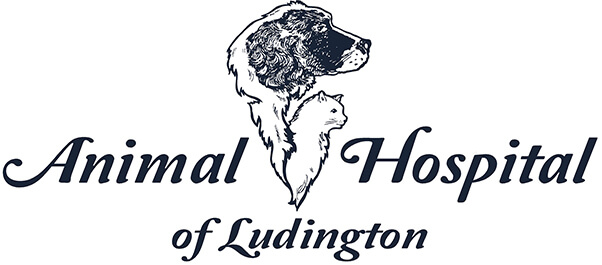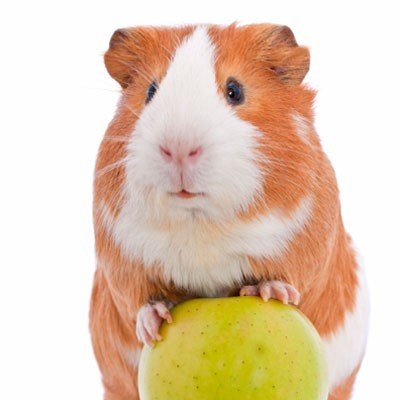Like just about every animal, calcium is an essential mineral for guinea pigs. Calcium deficiency is a relatively common disorder in guineas, especially in pregnant or nursing females. In fact, calcium deficiency is most commonly reported in the weeks before or shortly after a female pig gives birth. Here, a Ludington veterinarian tells you more about this deficiency and how to counteract it.
Causes
If your guinea pig is stressed, or has already been pregnant, she is even more likely to develop a calcium deficiency. Pregnant pigs require extra nutrients—including calcium—for both giving birth and nursing their young. If she’s not getting enough to begin with, the birth and nursing process will surely deplete her of calcium. Ask your Ludington vet more about the causes of calcium deficiency in guinea pigs, especially if your pig is a female.
Symptoms
Dehydration, muscle spasms and tremors, loss of appetite, and depression are symptoms of calcium deficiency in guineas. Death can even occur suddenly if the deficiency isn’t recognized and treated quickly enough. Take your pet to your Ludington veterinary hospital immediately if you see these symptoms being exhibited.
Treatment
Your Ludington vet will examine your pig, and probably take blood samples to determine the levels of calcium in your pet’s body. Fortunately, the treatment for calcium deficiency is fairly straightforward: get more calcium! Supplements given orally to your guinea pig should correct the disorder. Ask your Ludington vet about the specifics of administering calcium supplements to your pet.
Prevention
Feed your pig high-quality guinea pig food to ensure she’s getting the proper amounts of vitamins, minerals, and all other nutritional requirements. Pregnant and/or nursing guinea pigs might need regular supplementation—call your Ludington veterinarian to ask about this if your female pig is pregnant or just gave birth.
Regular check-ups with your Ludington vet can also prevent deficiencies from occurring—to keep your pig safe and healthy, set up an appointment today!












Leave a Reply
You must be logged in to post a comment.